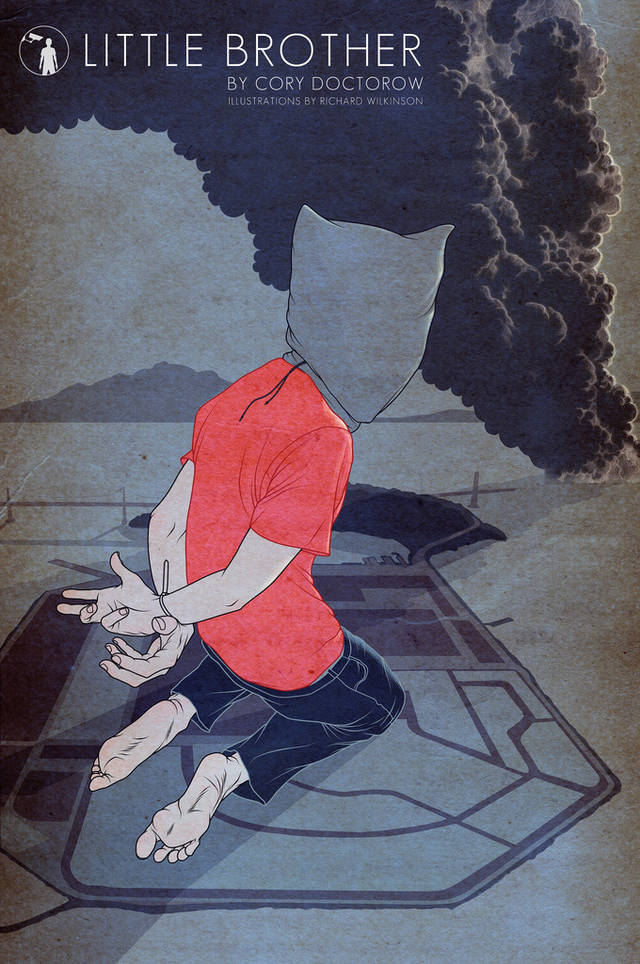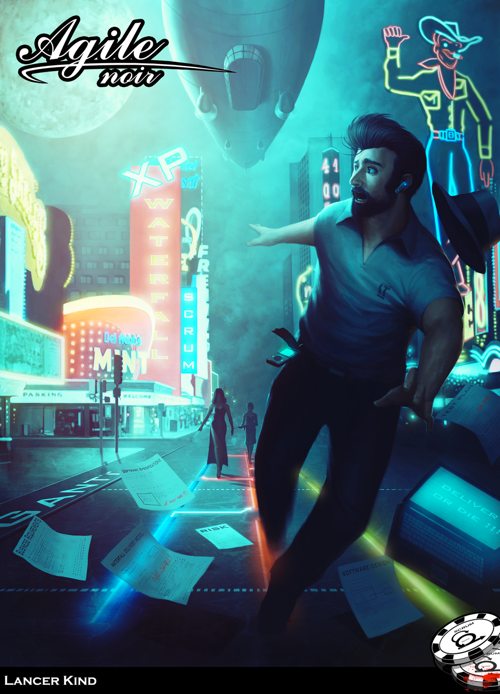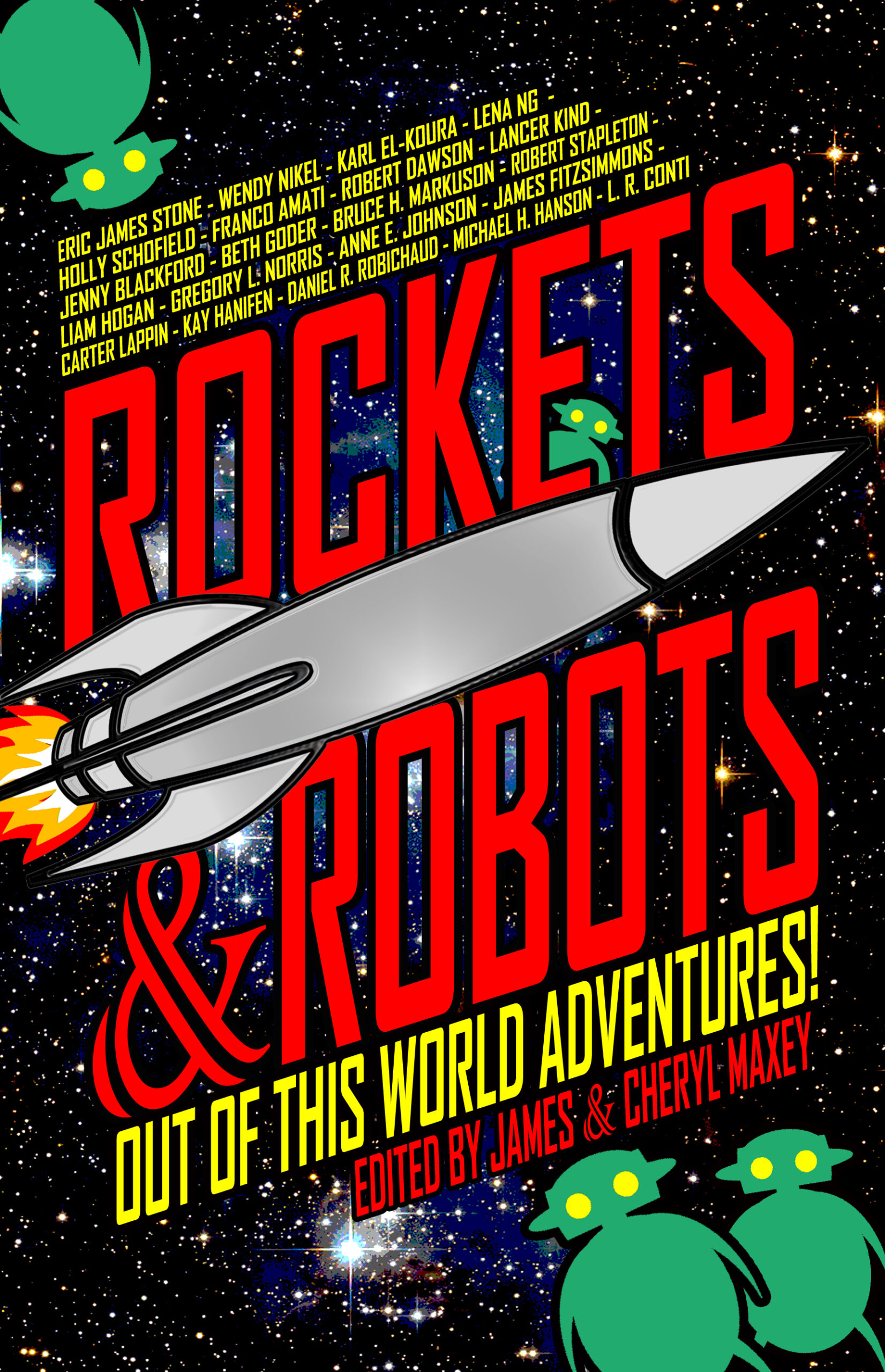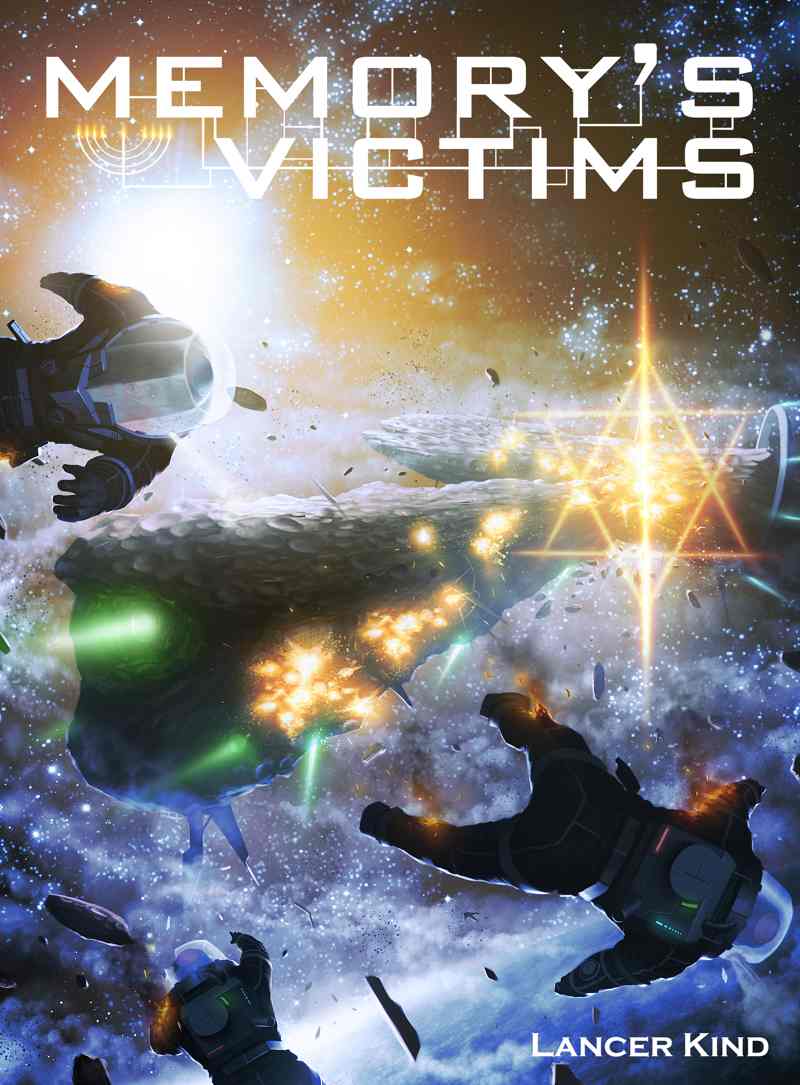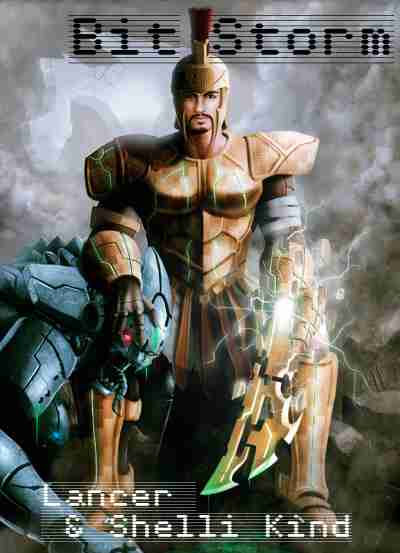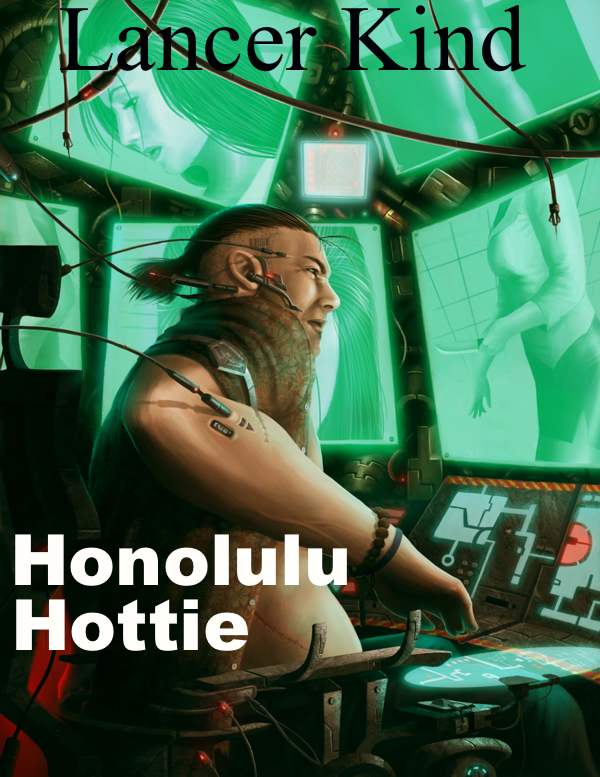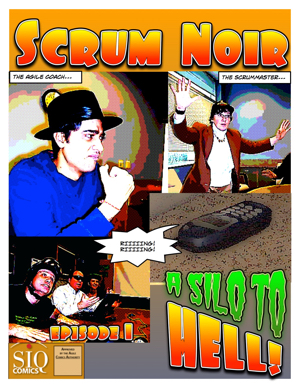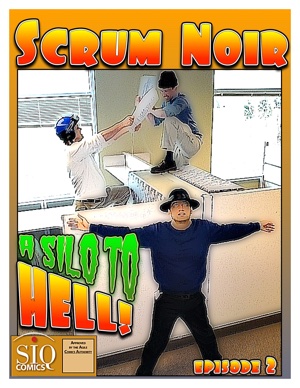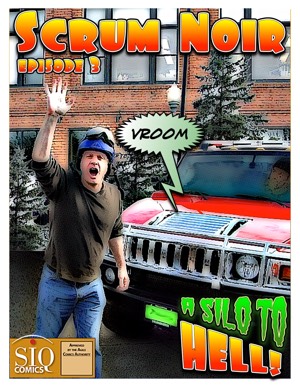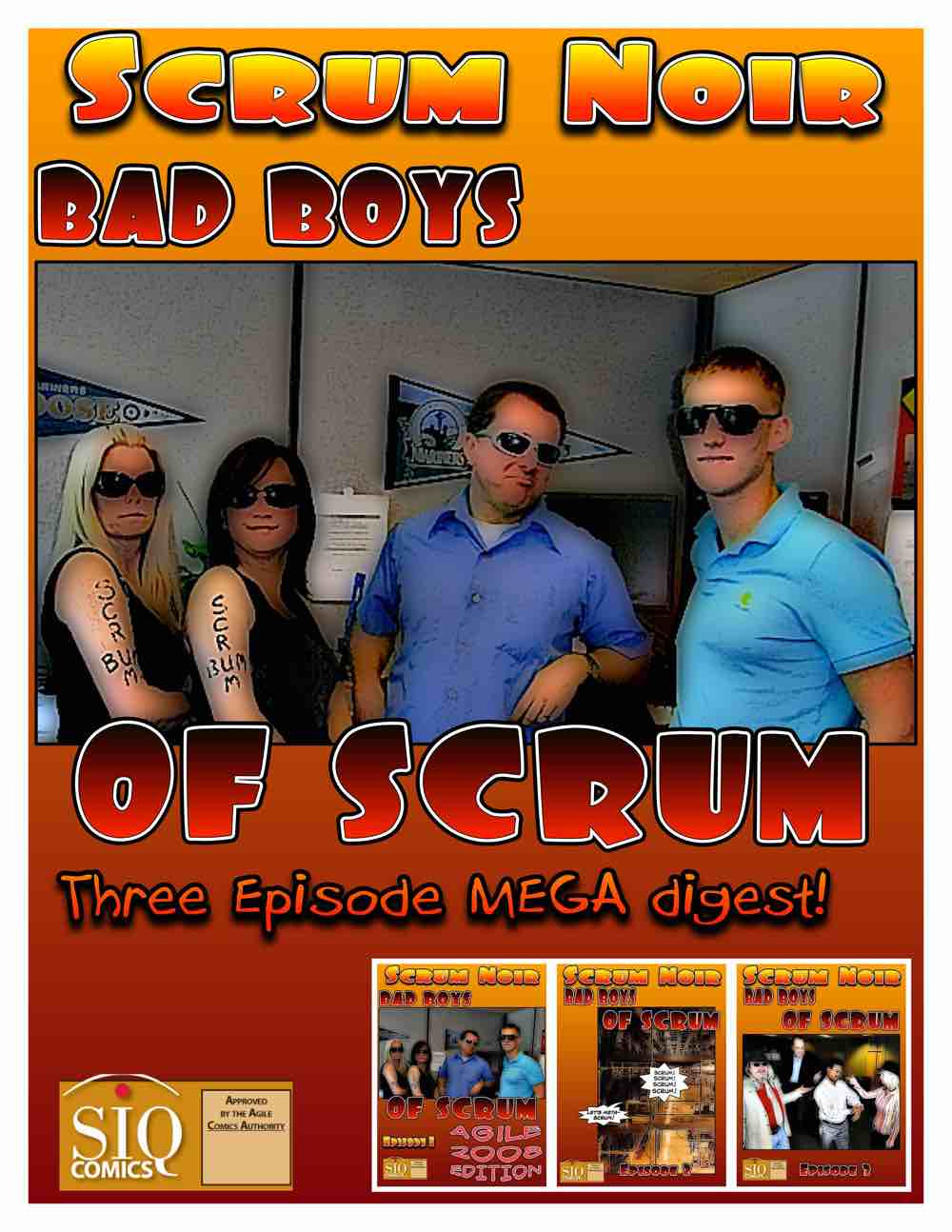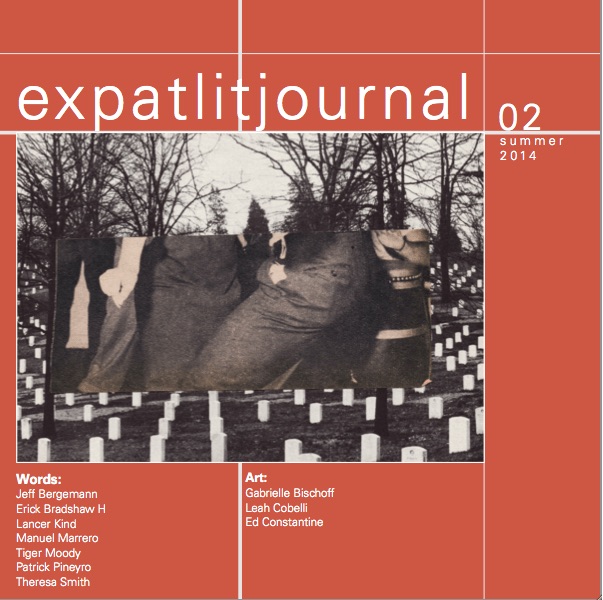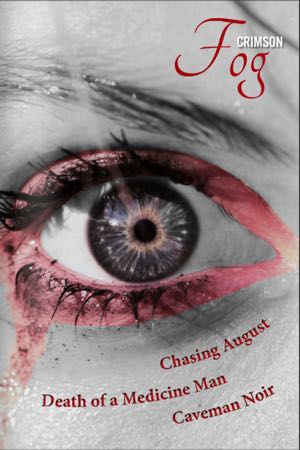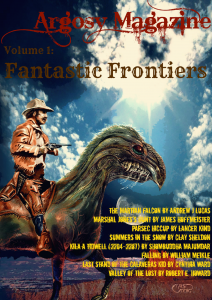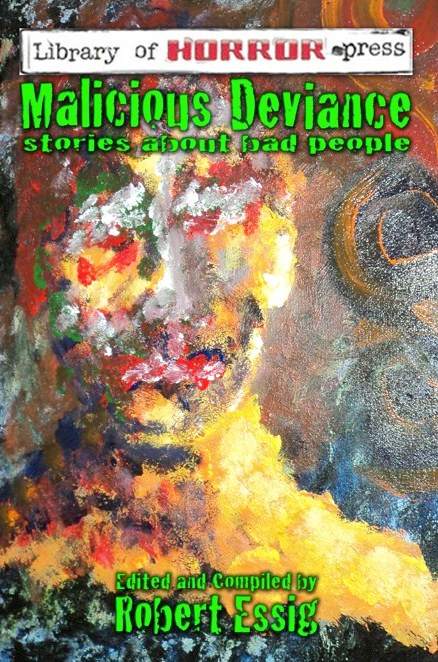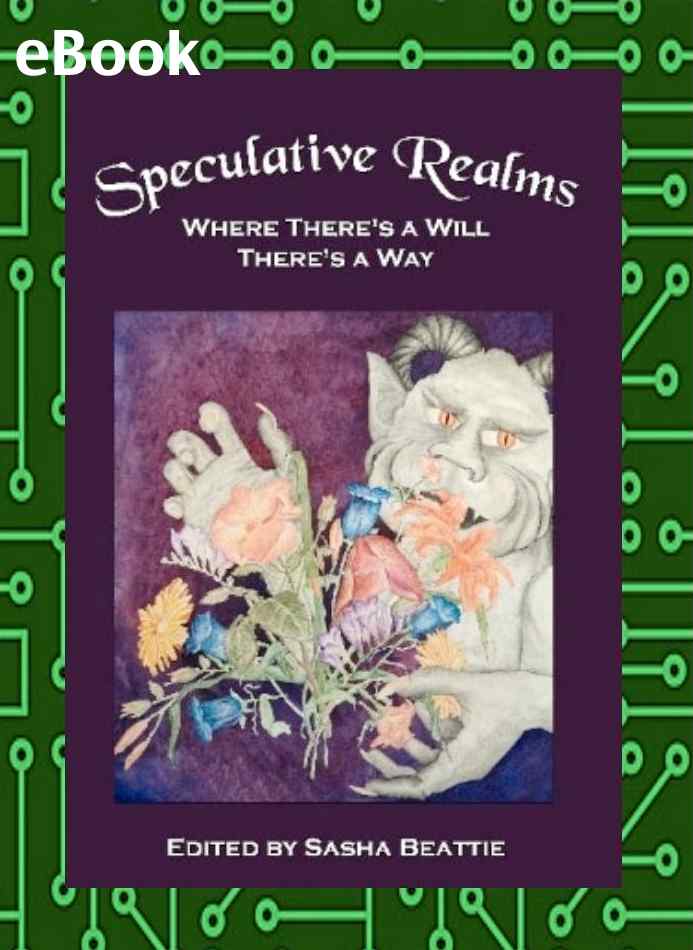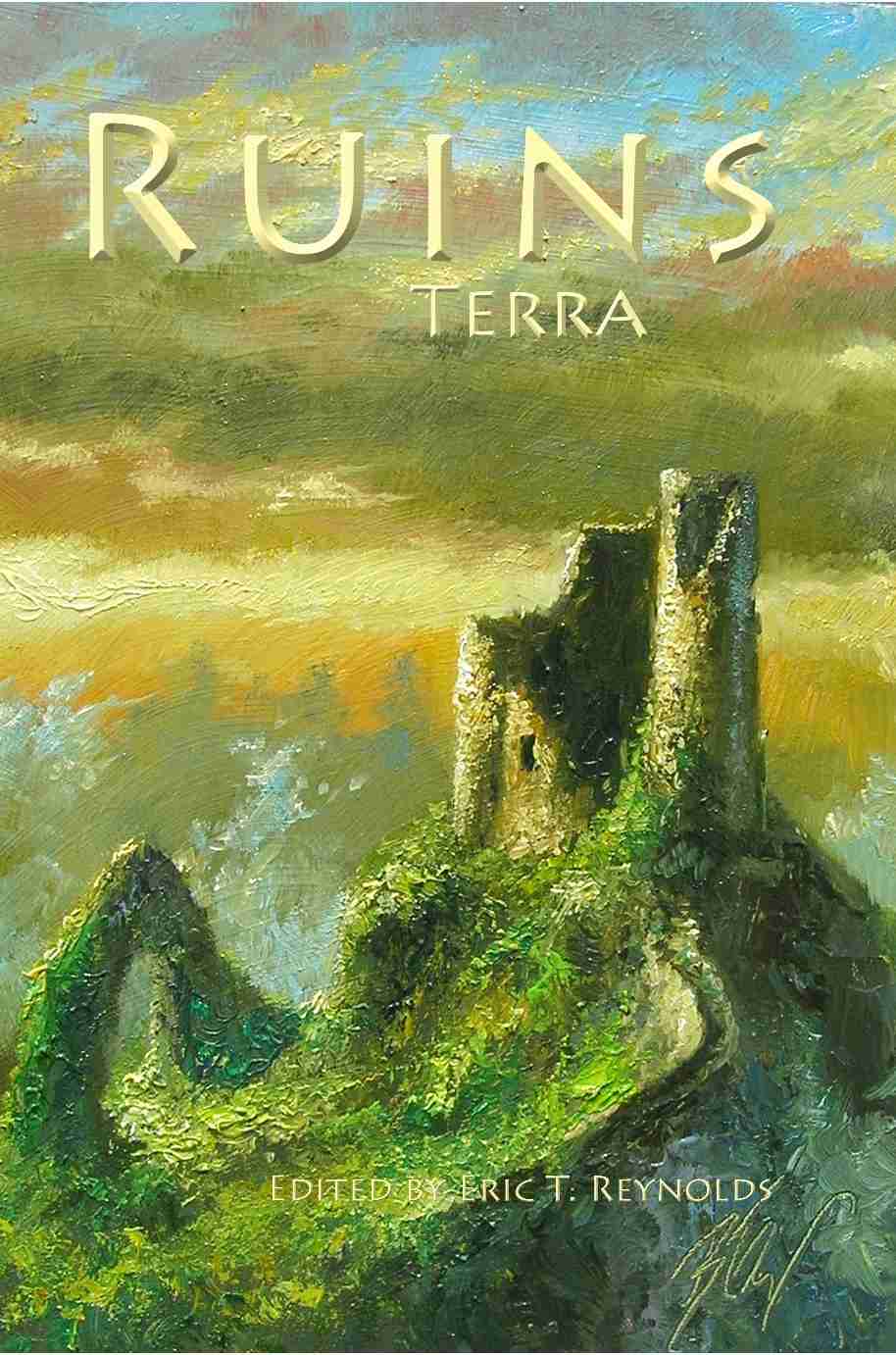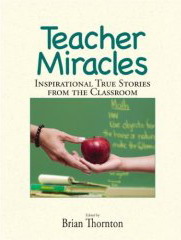Little Brother (or “Big Brother” for 2003 and Homeland Security)
Cory Doctorow’s Little Brother is a call to those that are keeping quiet and just waiting for things to blow over. It’s a clarion to those waiting for our freedoms to come back. And it’s an instruction book for how to fight back rather than sit at home and complain about warrantless wiretapping.
Little Brother is about how authority without limit turns into state sponsored terrorism. It’s post 911 San Francisco and the Bay Bridge is blown up. Homeland Security reacts by apprehending anyone they feel is a terrorist. Without any due process, these people become victims of state sponsored oppression: interrogation, torture, and some shipped to other countries (rendition) where there is even less of a chance of rescue by people who value freedom and human life.
This is one of those books that every American near the voting age and of the voting age should read. Anyone with an interest in computer science and surveillance will love this book.
When I was at my hometown of Fairfield, Montana,
a mother told me about her son Mike, who was a friend of mine. Mike had gone to Iraq as a sergeant in the army and had recently returned home. She sensed he had a lot to get off his chest but the only things he would talk of were the weather and family news. But this wall around him was always disturbed by the information form the outside world: TV news, and newspapers. Finally he summarized to mom his feelings about the war as this: he was ordered to do some bad things, things he couldn’t talk about. And that was as far as he would go.
When I was in Redmond, Washington,
a woman who I used to work with was telling me about her Tyler who I hadn’t seen in years. When I asked if he was going to be a computer guy like his dad, she said, her tone ringing with pride: ‘Oh no. He only uses the computer to play games. He enjoys playing the sniper game the most, and says he wants to kill terrorists when he grows up.’ Everyone else in the office went quite. You see, the problem is that the government had been labeling too many people terrorists for the liberal Puget Sound Area’s taste. American’s have been declared terrorists during the Bush administration, and they have been held without due process, and as the case with most all the prisoners held as enemy combatants, they were freed once the justice system decide to step in. So when someone’s son says, “I want to kill terrorists,” we all wonder what kind of terrorist will be in that kid’s cross hairs–the ones that were unjustly held for years or the ones that actually did anything wrong.
I really hope people like Mike from Fairfield will get a chance to tell their story to the youth like Tyler who see the world through sniper sights of black and white.
As a work of activist science fiction, Little Brother meets the criteria I’ve developed through study of this area:
- it’s a story of fiction whose vision clearly portrays a problem in real life
- the characters take action in a way that any reader can understand, identify with, and execute
- it poses possible solutions to the problem
- it contains elements of science and its a story of fiction
That this is a work of activist science fiction from the ground up shouldn’t be a surprise as Cory Doctorow worked with other activists at the Electronic Freedom Foundation.
I’m buying a few copies of this book for my high school’s library and hometown public library.
Little Brother is an important story for people to hear, and the more stories like this we share as a society, the more we can develop a group intelligence about such issues in society. (An example of group intelligence: most everyone in America knows you should wear a seat belt, that smoking causes lung cancer, that you should drive on the right-hand side of the road. How they act upon that information is another thing.) And having a group intelligence increases the odds that as a culture, we develop superior mechanisms (the first ones will suck, but society evolves) for handling the problem, and the problem gets handled quickly.
So Mike, I hope you get this message. I hope you will share your stories and experiences with others that go deeper than a sniper game. I also ask you, the audience to post your stories somehow: write editorials, write blogs, post comments on this blog. I invite you to tell me your post 911 story of activism or what you feel are important post 911 readings using the comment field below.
